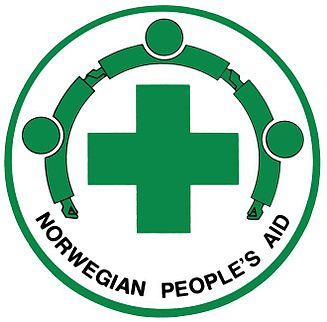Unitwin Network for Humanitarian Engineering
In 1992, UNESCO established the University Twinning and Networking (UNITWIN) Programme . The idea behind the UNITWIN Programme is to advance research, training and programme development through building university networks. The UNITWIN programme encourages inter-university cooperation through the transfer of knowledge across borders. The UNITWIN programme aims to be pertinent, forward-thinking and to impact socio-economic development effectively. So far UNESCO Chair and UNITWIN Network projects have proven useful in establishing new teaching programmes, generating new ideas through research and reflection, and facilitating the enrichment of existing university programmes while respecting cultural diversity.
Humanitarian Engineering as being about using engineering and computing in a culturally sensitive and sustainable way to address issues that limit opportunities and development in communities. It can be applied on a local, national or international level and is not necessarily restricted to being a reaction to a disaster or crisis.
“The practice of engineering is not the same in different parts of the world. Constraints on resources, infrastructure and skills mean that there needs to be innovation in the way engineering projects are delivered. Our work on Humanitarian Engineering & Computing is about using our expertise to help communities around the world to achieve their goals.”
Professor Michael Fitzpatrick – Dean, Faculty of Engineering & Computing.
The UNESCO UNITWIN Network in Humanitarian Engineering is an international platform for intercultural dialogue that examines the key areas where, and how, engineering and IT can be used to achieve development targets, with a particular focus on engineering, and IT, education.
We facilitate and enhance the opportunity for the development of partnerships and knowledge-sharing among an international multi-stakeholder Network. We aim to produce educational resources (and to influence teaching and training practice) that are appropriate, promote effective practice and are then disseminated internationally. We also plan to produce evidence based outputs to influence global policy makers. Humanitarian Engineering and Computing can also help address some of the existing issues around representation and equality within industry. We also aim to be a global hub for discussion and dialogue around Humanitarian Engineering.






